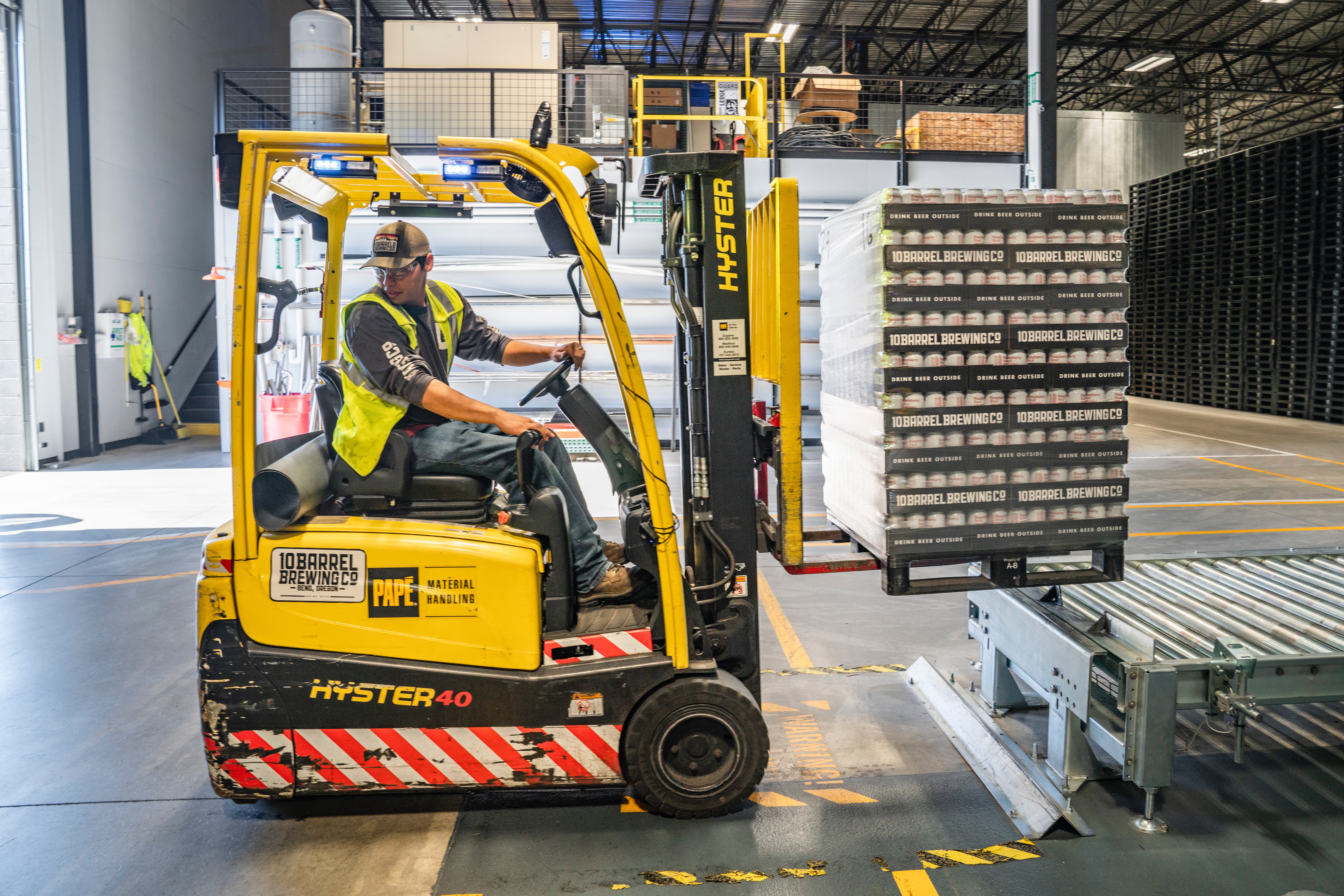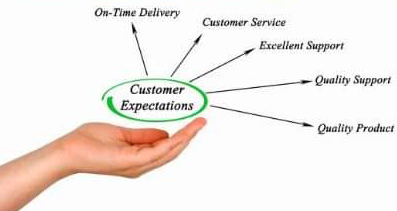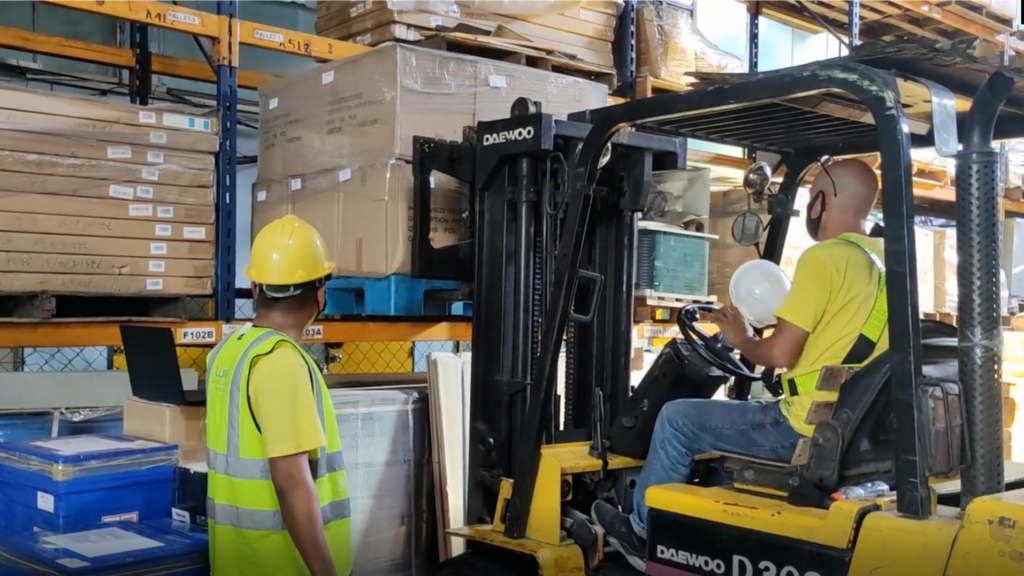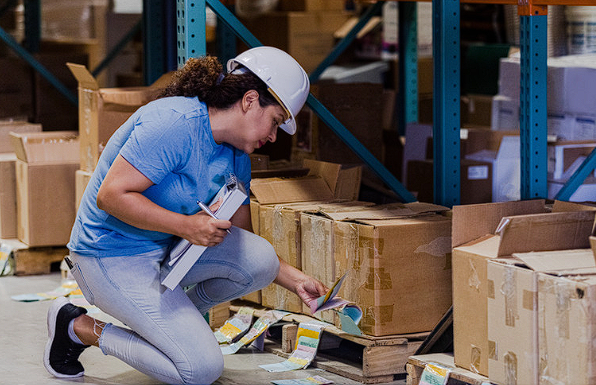Written By:

Written By:
Published:
Supply chain management and the field of logistics have been significantly impacted by e-commerce. Its significance in this context cannot be understated since technology has completely changed how commodities are delivered, distributed and maintained.

As numerous individuals shop online, e-commerce has resulted in an increase in the volume of shipments. In order to handle the increasing amount of commodities, this has increased the require for effective logistics operations significantly.
Significant increases in shipment volume may have the following implications and factors to take into account:

E-commerce often involves a complex network of distributors, manufacturers, suppliers, and last-mile delivery providers. It’s crucial to manage these complex supply chains effectively, and logistics is essential for accomplishing this.
Here are some key characteristics and considerations associated with complex supply chains:

Customers now anticipate quick and dependable delivery services, including alternatives like same-day or next-day delivery, thanks to the emergence of e-commerce giants like Amazon. Only with properly streamlined logistics procedures will it be possible to meet these client expectations.
Here are some key aspects to consider regarding customer expectations:


E-commerce businesses must carefully manage their inventory to prevent overstocking or under stocking of products. Systems for logistics support keeping inventories in the proper range and guaranteeing that goods are accessible when needed by clients.
Here are key aspects and best practices related to inventory management:
For more details about Inventory Management. Visit our page and learn how we apply Inventory Management in your Business.
For client satisfaction, timely and accurate order fulfillment is vital. Logistics are used by e-commerce businesses to choose, pack, and ship goods accurately and effectively.
Here are the key steps and considerations in the order fulfillment process:

Overall, e-commerce and logistics are closely related and effective, well-managed logistics operations are essential to the success of e-commerce enterprises. Logistics will remain key in satisfying customer expectations and achieving corporate success as e-commerce expands and changes over time.
According to Locad ‘Top E-Commerce Logistics Company In the Philippines, A recent estimate by Global Data projects that by 2025, e-commerce sales in the Philippines would total USD10.3 billion. Since the pandemic, there has been an increase in internet shoppers and sellers in the nation. There were 93,318 online retail merchants in January 2021, up from 1,7 00 in March 2020. However, the nation is still having challenges as a result of inadequate network infrastructure. E-commerce has been becoming increasingly prevalent in the Philippines in recent years as more companies use online platforms to connect with their clients. As a result, the need for e-commerce logistics services to assist online retail enterprises in managing consumer orders and shipments is on the rise. Consequently, a top e-commerce logistics provider in the Philippines is required in order to offer firms affordable, effective, and trustworthy services.
Reference:
https://golocad.com/logistics/logistics-company-in-the-philippines/

![]()
This will close in 0 seconds